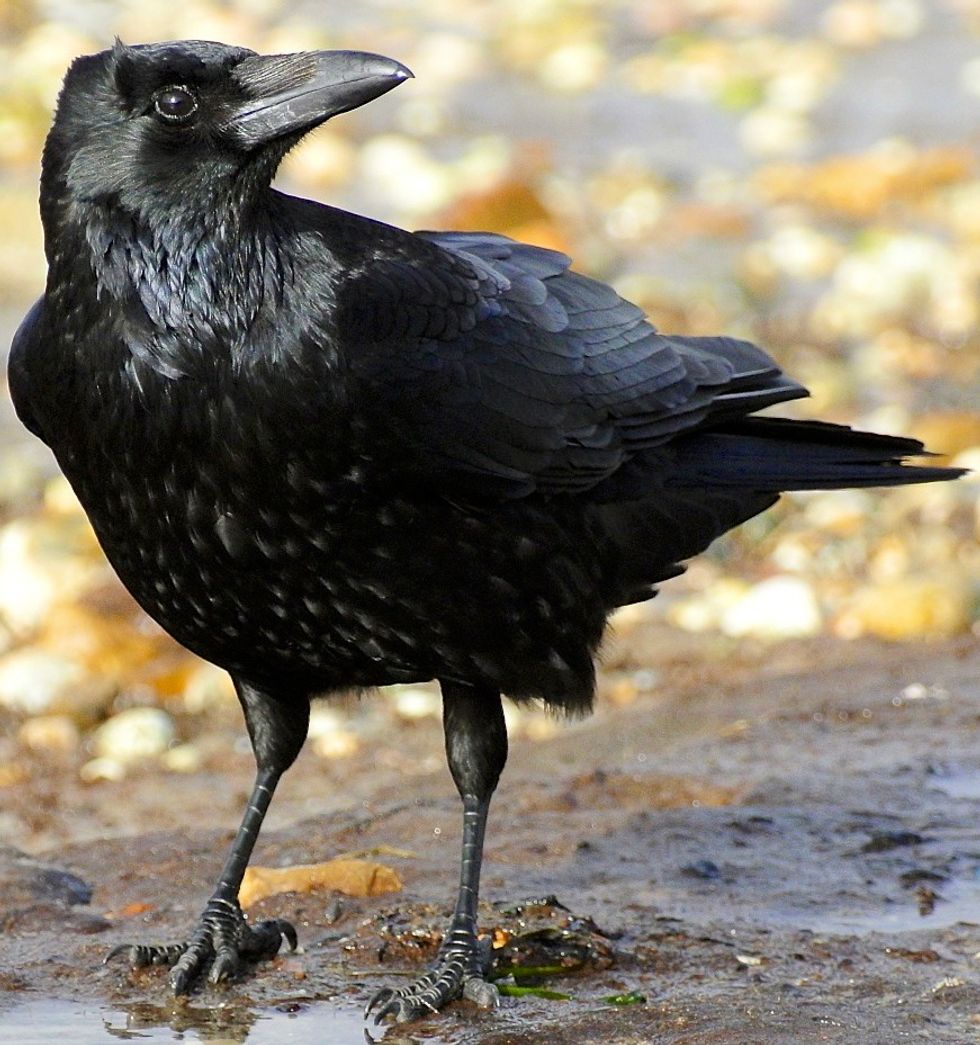
“Are You Smarter Than a Goat?” Fun Facts About the World’s Most Intelligent Animals


You’re not as smart as you think are. While writer Yuval Noah Harari wrote his best-selling book Sapiens: A Brief History of Humankindabout the hubris and social bonds of humans, the animal kingdom is full of wondrous intelligence and social structures. “You could never convince a monkey to give you a banana by promising him limitless bananas after death in monkey heaven,” Harari quips, but chimpanzees are capable of outperforming humans at certain memory tasks, and they demonstrate empathy, altruism, and self-awareness through their problem-solving skills.
Many regard them as the smartest non-human species in existence, but plenty of other animals have fascinated scientists in their studies of the brain, even challenging conventional understanding of what “intelligence” is.
For instance, whales’ emotional intelligence and empathy may result in mass strandings because of their close social bonds. A crow can remember the face of a human who hurt them for years, and they can even pass on the information to another crow as a warning to stay away from that human. What was the nicest thing you’ve done for your friends lately?
Crows
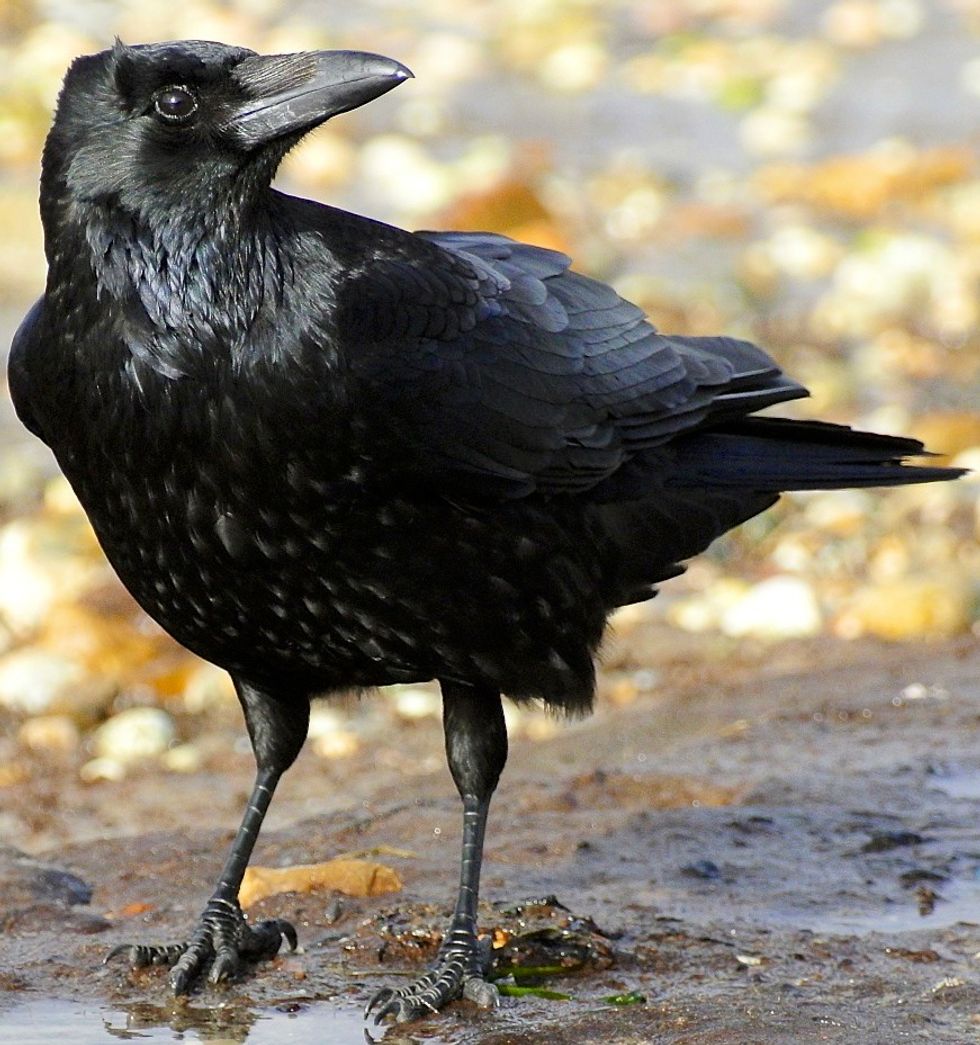
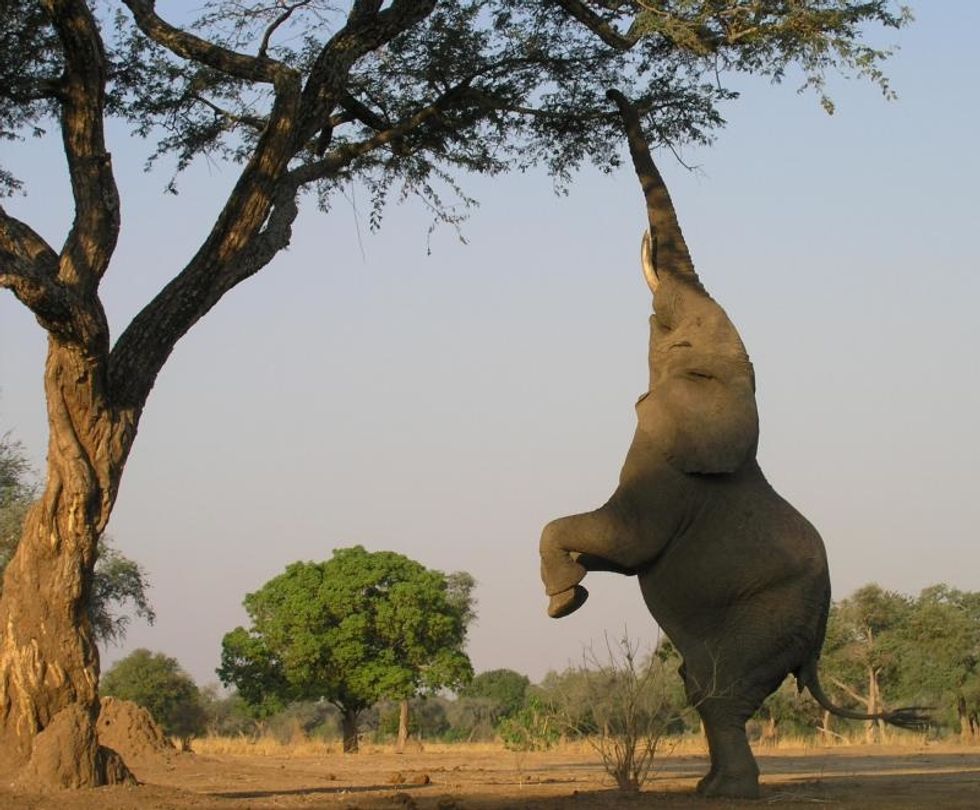

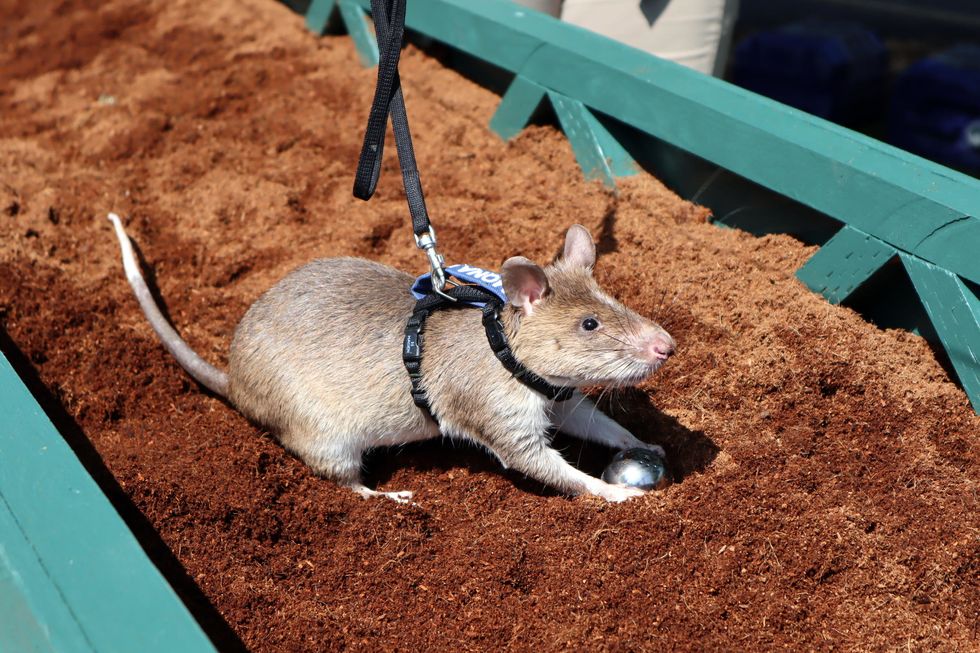

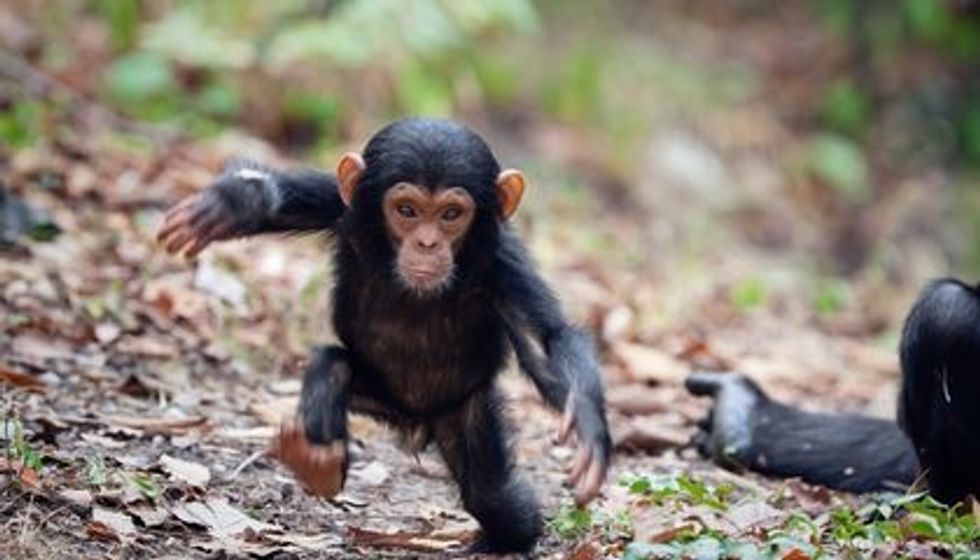

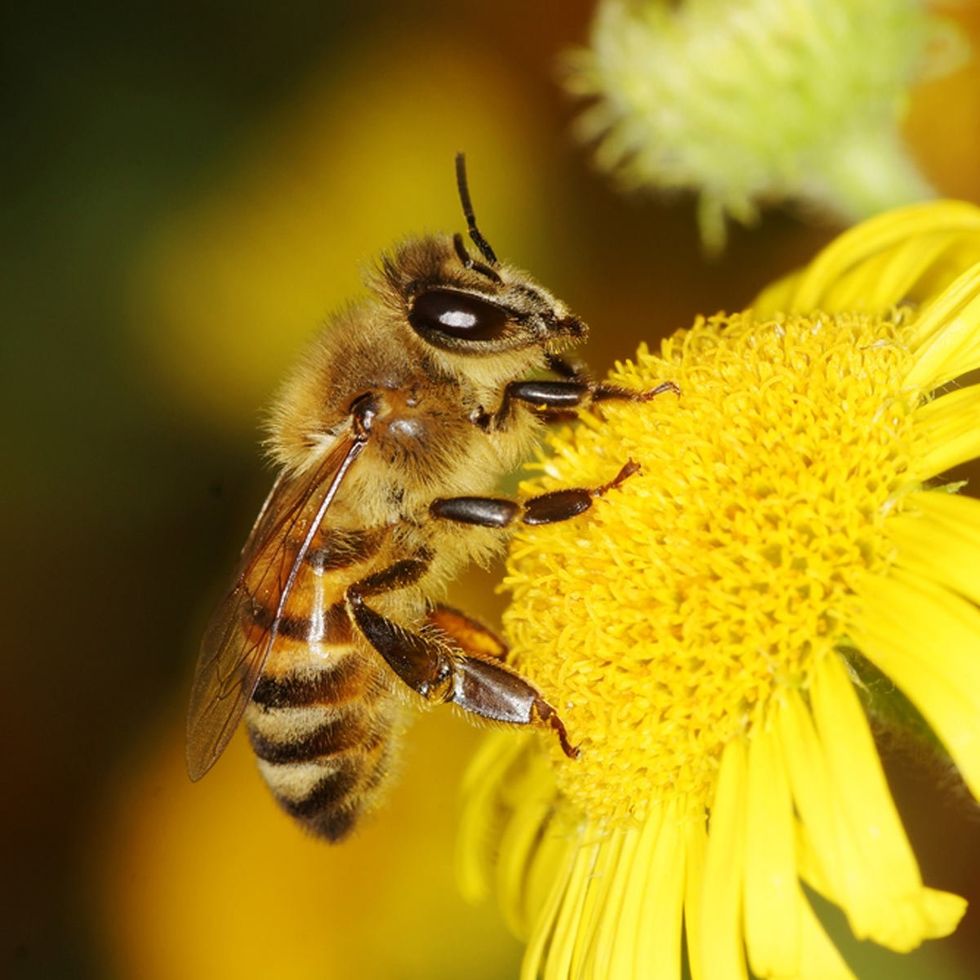

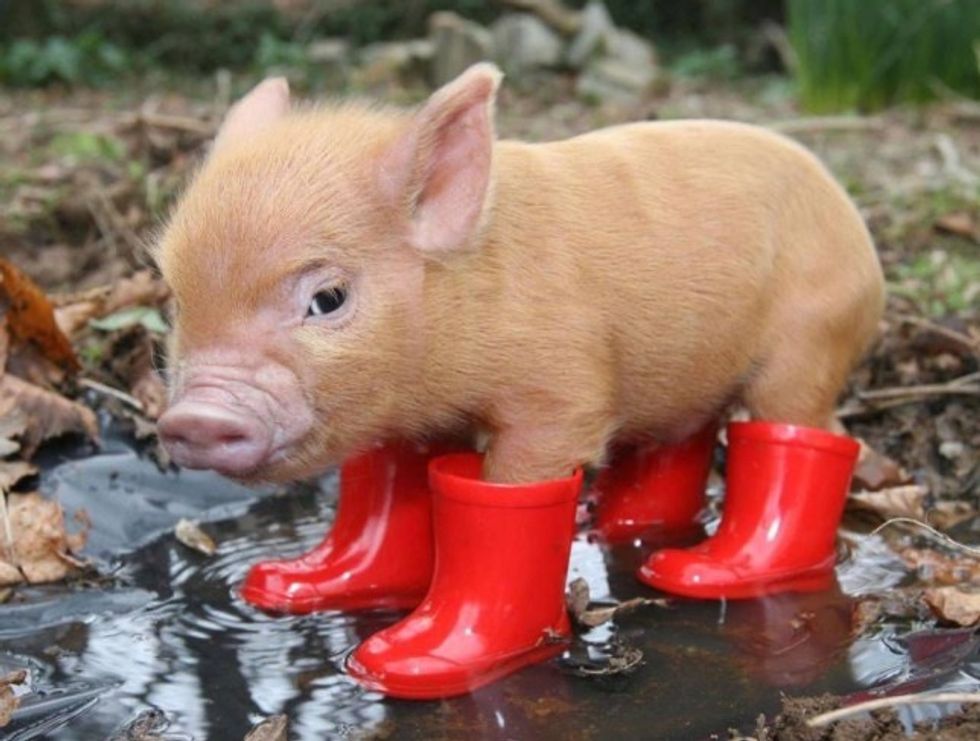

- animal kingdom
- animals
- animals on earth
- body size
- caledonian crow
- cognitive abilities
- coolest animals
- draft pick
- fish crow
- genus corvus
- human brain
- injured reserve
- largest brains
- los angeles
- los angeles rams
- miami dolphins
- monday night
- north america
- problem solving
- slime mold
- smartest animals
- smartest species
- species of octopus
- world's smartest animals
